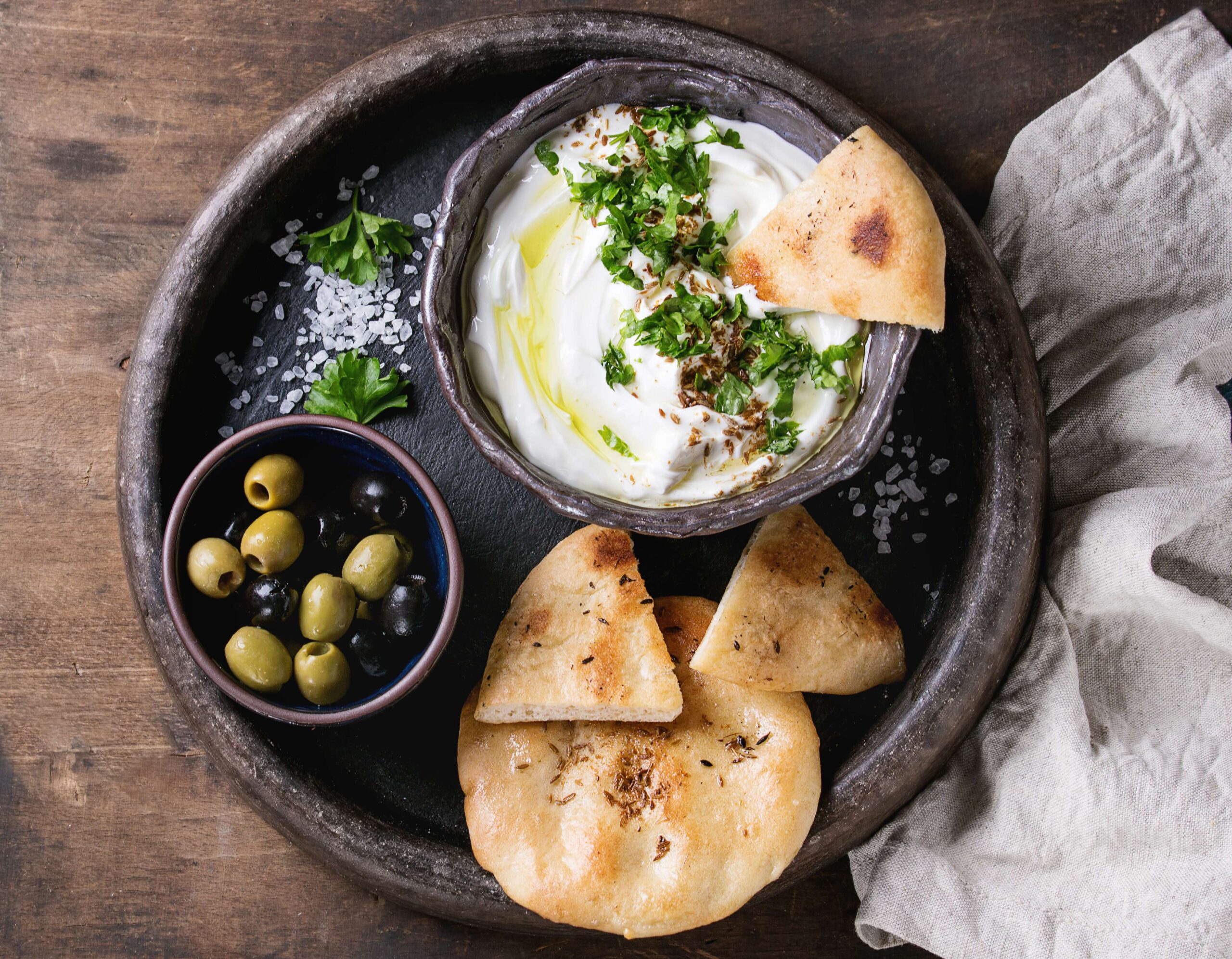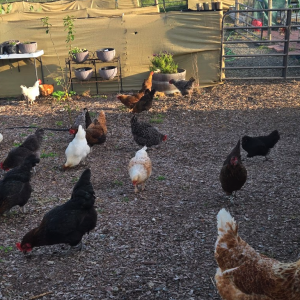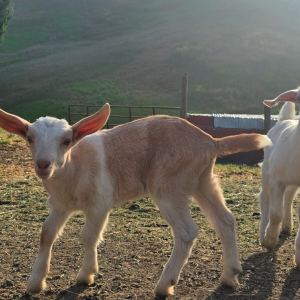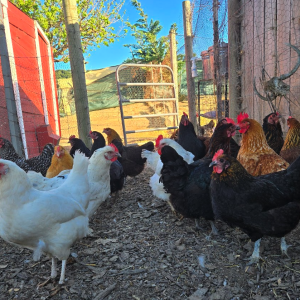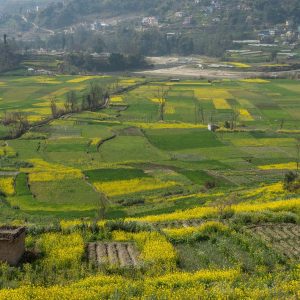Palestinian Cuisine: A Celebration of Olives & Olive Oil
Palestinian cuisine is deeply connected to olives and olive oil, which are not just ingredients but a way of life. Every Palestinian home has a bottle of freshly pressed, golden-green olive oil, used in nearly every meal. From simple breakfasts to grand feasts, olives and their oil bring flavor, health, and heritage to every dish.
Here’s a delicious journey through Palestinian cuisine, featuring olives and olive oil at the heart of it all.
Breakfast: A Simple but Sacred Start
1. Za’atar & Olive Oil (Zayt w Za’atar)
A classic Palestinian breakfast: warm bread is dipped first in olive oil, then in za’atar (a mix of thyme, sesame, and sumac). The flavors are earthy, tangy, and nutty—a perfect balance!
Why it’s special?
- A quick, nutritious meal rich in antioxidants.
- A symbol of Palestinian culture and resilience—every home has its own secret za’atar blend!
2. Labneh with Olive Oil
Thick, creamy strained yogurt served with a generous drizzle of olive oil and sprinkled with za’atar. Served with warm taboon bread or ka’ak (sesame bread rings).
Why it’s special?
- A perfect balance of creamy, tangy, and peppery flavors.
- Labneh and olive oil are ancient staples, enjoyed for centuries.
🥗 Mezzes & Salads: Light but Flavorful
3. Palestinian Fattoush
A bright, crunchy salad made with tomatoes, cucumbers, radishes, and crispy pita chips, all tossed in a dressing of olive oil, sumac, and pomegranate molasses.
Why it’s special?
- Olive oil gives it a smooth richness and enhances the sumac’s citrusy punch.
4. Makdous (Stuffed Pickled Olives)
Small eggplants are stuffed with walnuts, garlic, and chili, then preserved in olive oil. This is a beloved Palestinian pickled delicacy, bursting with deep, tangy, and nutty flavors.
Why it’s special?
- A labor of love—prepared in the fall and enjoyed throughout the year.
5. Palestinian Olive Salad
A simple but flavorful salad of green and black olives, diced tomatoes, onions, and lemon juice, all drizzled with extra virgin olive oil.
Why it’s special?
- A fresh, tangy bite that pairs well with grilled meats and bread.
🍗 Main Dishes: Rich, Comforting, and Full of Olive Oil
6. Musakhan (Palestine’s National Dish)
Soft taboon bread soaked in fragrant olive oil, topped with slow-cooked, sumac-spiced caramelized onions and roasted chicken. The whole dish is drizzled with more olive oil and toasted pine nuts.
Why it’s special?
- This dish is celebratory—it’s a must-have at gatherings!
- Olive oil is the star ingredient, infusing the bread and onions with a deep, rich flavor.
7. Maftoul (Palestinian Couscous)
Hand-rolled Palestinian couscous, cooked with chicken, chickpeas, and spiced broth, then finished with olive oil.
Why it’s special?
- Unlike Moroccan couscous, Palestinian maftoul is larger, chewier, and richer.
- Olive oil brings silky texture and depth of flavor.
8. Rummaniyeh (Lentil & Eggplant Stew)
A hearty dish of lentils, roasted eggplant, garlic, and pomegranate molasses, cooked in olive oil. Served with bread.
Why it’s special?
- A vegan-friendly dish with deep, smoky, and tangy flavors.
- Olive oil enhances the silky texture of eggplant.
🍪 Desserts: Sweetened with Olive Oil
9. Awameh (Crispy Fried Dough Balls)
Golden, crispy dough balls fried in olive oil and soaked in sweet syrup.
Why it’s special?
- A crunchy, light treat—crispy outside, soft inside.
10. Basbousa with Olive Oil
A semolina cake made with olive oil, yogurt, and coconut, then soaked in orange blossom syrup.
Why it’s special?
- Olive oil gives it a moist, tender texture and a delicate aroma.
🍵 Beverages: Simple Yet Timeless
11. Olive Leaf Tea
Dried olive leaves are brewed into a light, herbal tea, known for its healing and antioxidant properties.
Why it’s special?
- A natural remedy for relaxation and immunity.
Final Thoughts: A Taste of Palestine in Every Drop 🌿❤️
In Palestine, olive oil is more than just food—it’s a story, a legacy, and a connection to the land. From the first dip of bread in za’atar to the final drizzle over musakhan, every meal is infused with history and love.

